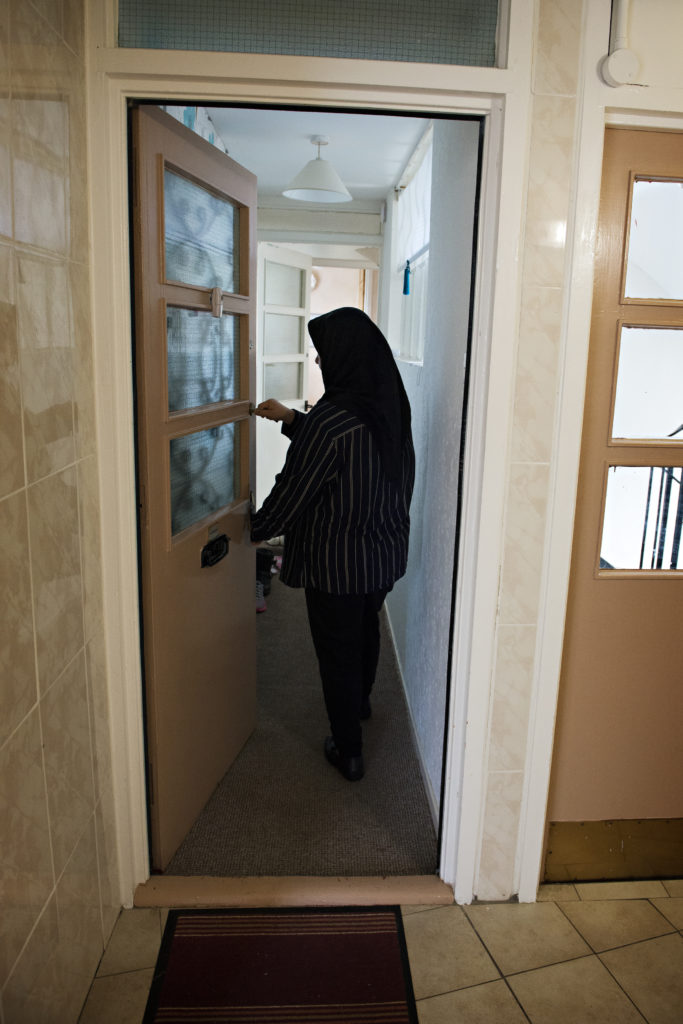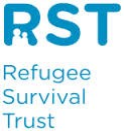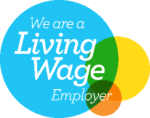Nsimba, a previous guest in the Destitute Asylum Seeker Service (DASS) accommodation from the Democratic Republic of the Congo, tells us her story.
“I originally arrived in March 2007 in Glasgow.
“In 2010 all my asylum support was stopped. I didn’t have money, no food, no accommodation, everything was stopped.
“For five and a half years I was living with a friend. Living with my friend was OK but difficult, because you don’t have money, don’t have choice of food, you have to eat what is there. You can’t afford clothes, have to go to charities for it. My friend had become a refugee, but it was still difficult for her to give me support. She could only give me accommodation, nothing else. It was hard to live in that situation, you don’t have freedom, not have a choice to buy even some juice when you want it. I couldn’t go out, had to wait for my friend to come back home to take her bus pass to go out, couldn’t go anywhere.
“I felt embarrassed, depressed, to stay in that situation for very long. It made me feel like, you can’t sleep at night, because I kept thinking about the situation was going through.
“In 2016 I was taken in by DASS. I lived in Springburn in a DASS flat for about 2 years. I felt like having a new life with DASS. Support with money, home and bus pass was very helpful. They took us out to relax and refresh our minds, for example to the science museum.

“Since my fresh asylum claim was accepted, I live in a Serco flat, sharing since last December.
“The system needs to change. They have to give people freedom and right to work. They put you so long in situations without money or accommodation, for me nearly 12 years now. When I came here, I was 30 now I am 42. Putting people in like situations, you can’t afford anything, you become sick, depressed.
“By the time things are sorted, even if they give you
permission to work, you can’t, because you become sick and can’t work anymore.
“When people are here, they should give them the right to work. Now they have to pay for me and my accommodation but if I can work, I can pay for everything myself. When I came first it was easy to go to English classes, so I went to some, but now it is very difficult. I would like to go more to English classes but am not given the right. Even now I can’t communicate well, in some places they still have to get me interpreters, which costs them money.”
Background
Asylum seekers in the UK are not allowed to work and have to live on an extremely low income (currently-37.57 per week) while pursuing their legal cases which can sometimes take years to resolve. For asylum seekers whose cases are turned down, the situation gets considerably harder, since the Home Office stops their support and removes their entitlement to accommodation. As a result of this, hundreds of people in Glasgow are living in destitution- without shelter or the means to provide for their everyday needs.
The Destitute Asylum Seeker Service (DASS) project provides advice, legal support and practical assistance to people seeking protection who are homeless and destitute so that they can make informed choices about their situation and work toward a resolution.
The DASS project has been able to provide some comfort and safety for refused asylum seekers, through providing temporary accommodation. Although there are a very limited number of places available, they have provided much needed hope for men and women in Glasgow who have been able to pursue their legal case in the knowledge that they have a safe place to live, access to food and support with travel costs so they can attend appointments with their lawyers.
From Pillar to Post, a recent report commissioned by the Destitute Asylum Seeker Service, found that refused asylum seekers have very limited accommodation options, despite the fact that basic needs, such as access to secure accommodation, need to be met before people are able to engage with their legal cases and make informed decisions about their future.


